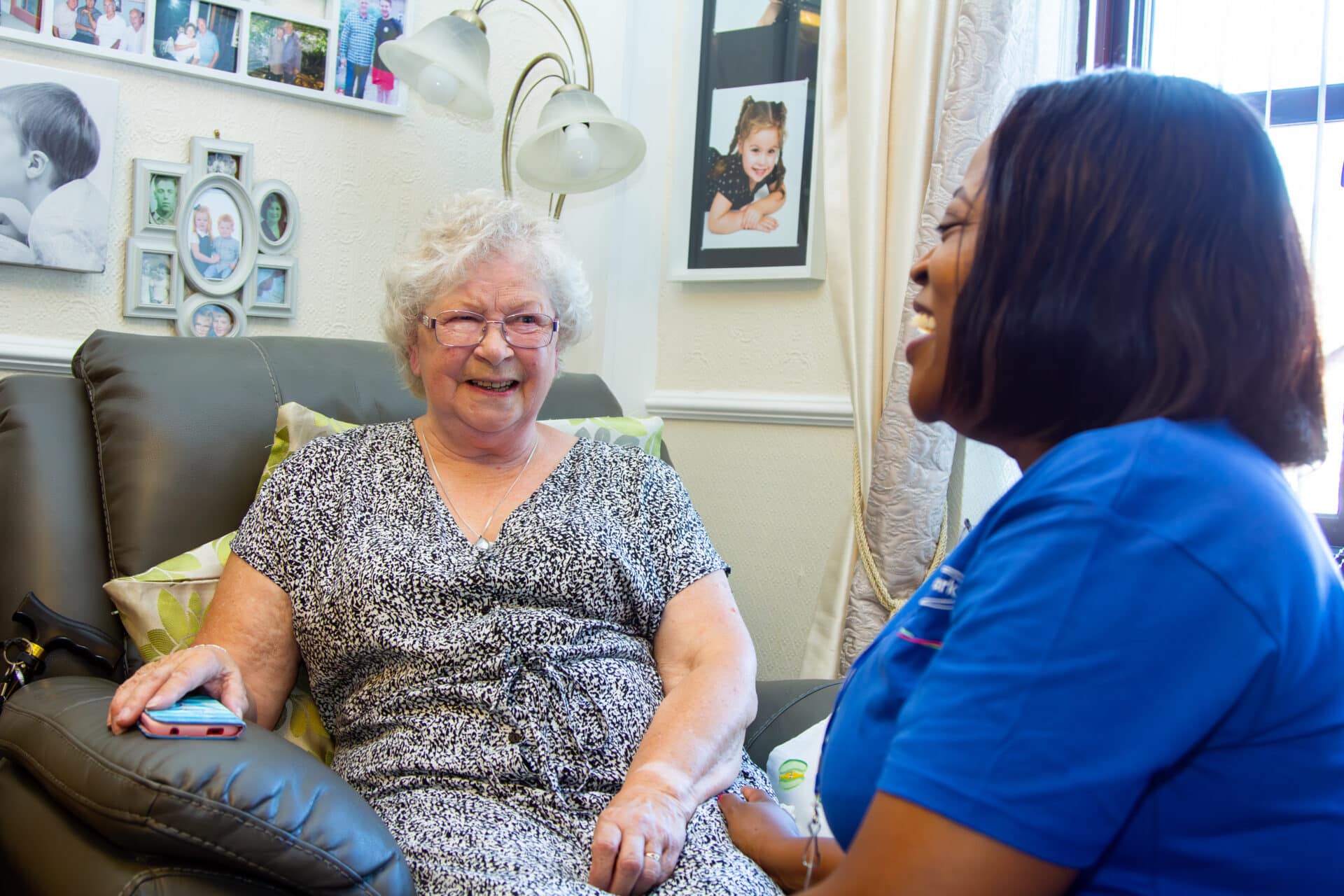Debunking Common Home Care Myths

In recent years, home care has become an increasingly popular and necessary choice for individuals seeking assistance in the comfort of their own homes. However, despite its growth, there are still many misconceptions surrounding the home care industry that can make it difficult for families to make informed decisions. These Home care myths can influence how people perceive home care services and may deter them from seeking essential support. In this article, we’ll debunk some of the most common myths about home care, setting the record straight and providing a clear understanding of how care assistants truly support customers.
For those in Thurrock, Caremark Thurrock offers a personalised solution, allowing individuals to stay in the comfort of their own homes while receiving the assistance they require. Home care is a flexible, tailored service designed to support individuals with everyday tasks, from personal care to household chores, without sacrificing their autonomy.
1: Home Care Is Only for Older People
One of the most widespread Home care myths is that home care services are solely for Older people. While it is true that a large proportion of home care customers are older adults, home care is designed to assist anyone who requires help with daily activities This could include individuals recovering from surgery, those with disabilities, or people living with chronic illnesses of any age.
Home care services are flexible and can be tailored to meet the needs of a wide variety of customers, ranging from young adults with mobility issues to middle-aged individuals recovering from an injury. By recognising that home care serves a diverse customer base, we can better understand the adaptability and inclusivity of these services.

2: Home Care Means Loss of Independence
Another common Home care myth is that accepting home care will limit a person’s independence. Many fear that relying on a care assistant will strip them of autonomy or lead to a loss of control over their daily lives. In reality, individuals are empowered through home care to help them live as independently as possible.
Care assistants work collaboratively with their customers to establish routines, set goals, and respect personal preferences. Rather than taking over, they provide support that enables customers to stay in their own homes and maintain control over their environment. This support ranges from assistance with cooking, dressing, and other daily tasks to providing companionship, ultimately enhancing their quality of life and independence.
3: Family Members Can Provide the Same Level of Care
While family members may be able to offer some assistance, it’s essential to recognise that professional care assistants have specialised training. A range of areas, including personal care, mobility support, medication management, and first aid, are skills in which they are proficient. The management of complex health needs, which might be challenging or overwhelming for family members to handle, is also undertaken by care assistants.
Additionally, family caregivers often experience stress, fatigue, and emotional strain. Professional home care not only ensures that customers receive high-quality care but also gives family members peace of mind and the opportunity to focus on their own well-being.
4: Home Care Is Only Available Full-Time
Another Home care myths is that home care is only available on a full-time basis. This misunderstanding can discourage people from seeking help, especially if they only need occasional support. However, a wide range of needs, from a few hours a week to round-the-clock assistance, can be met and adapted through highly flexible home care services.
Whether a customer needs short-term care following a hospital stay or ongoing support, home care providers offer flexible scheduling to suit individual circumstances. This flexibility makes it easy for customers to access the support they need, whenever they need it, without unnecessary commitment.
5: Home Care Is Too Expensive
Many assume that home care is prohibitively expensive, especially when compared to residential care facilities. However, home care can often be a more cost-effective option, especially for individuals who only need part-time assistance. By choosing only the services they require, customers can better manage their budget.
In some cases, government funding or financial assistance programmes may be available, making home care more affordable. Additionally, when weighing the cost of home care against the benefits of remaining at home, many families find it to be an investment in well-being and independence.
6: Care Assistants Lack Professionalism
Unfortunately, there is a common belief that care assistants are not as skilled or professional as other healthcare providers. This misconception does a disservice to the dedicated individuals who provide essential home care services. Care assistants undergo rigorous training to ensure they meet industry standards and are capable of delivering high-quality, compassionate care.
Many home care agencies require certifications, ongoing training, and background checks to ensure that care assistants are qualified and trustworthy. By debunking this Home care myth, we can recognise the vital role that skilled, professional care assistants play in the lives of their customers.
Final Thoughts
Home care is a compassionate, adaptable, and empowering solution for individuals seeking assistance in their own homes. By dispelling these common myths, families can make well-informed decisions based on facts rather than misconceptions. Home care is about providing support where it’s most needed and allowing people to live with dignity, independence, and peace of mind.
Understanding the realities of home care can help individuals and families appreciate its benefits and find the right level of support tailored to their needs.